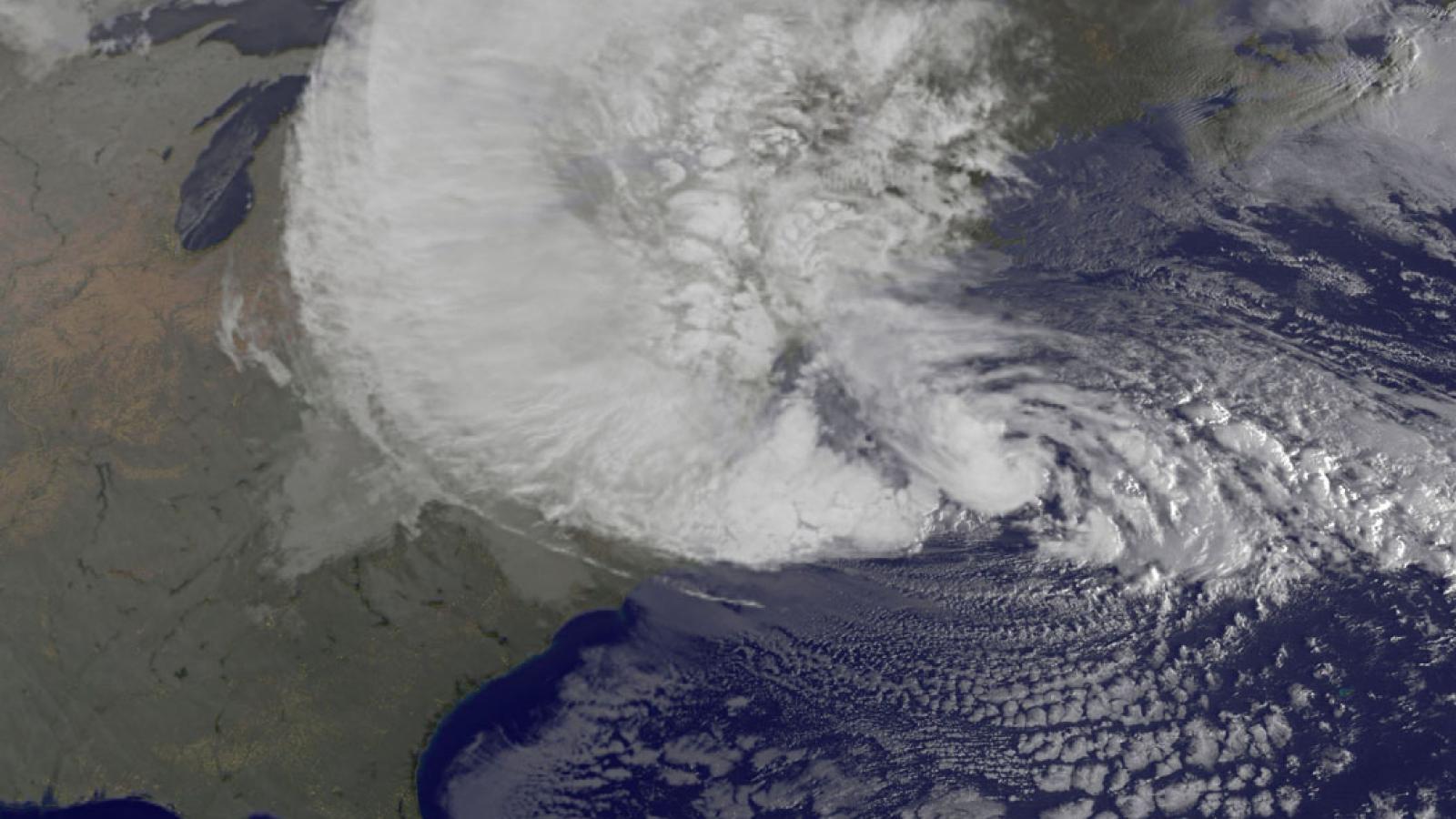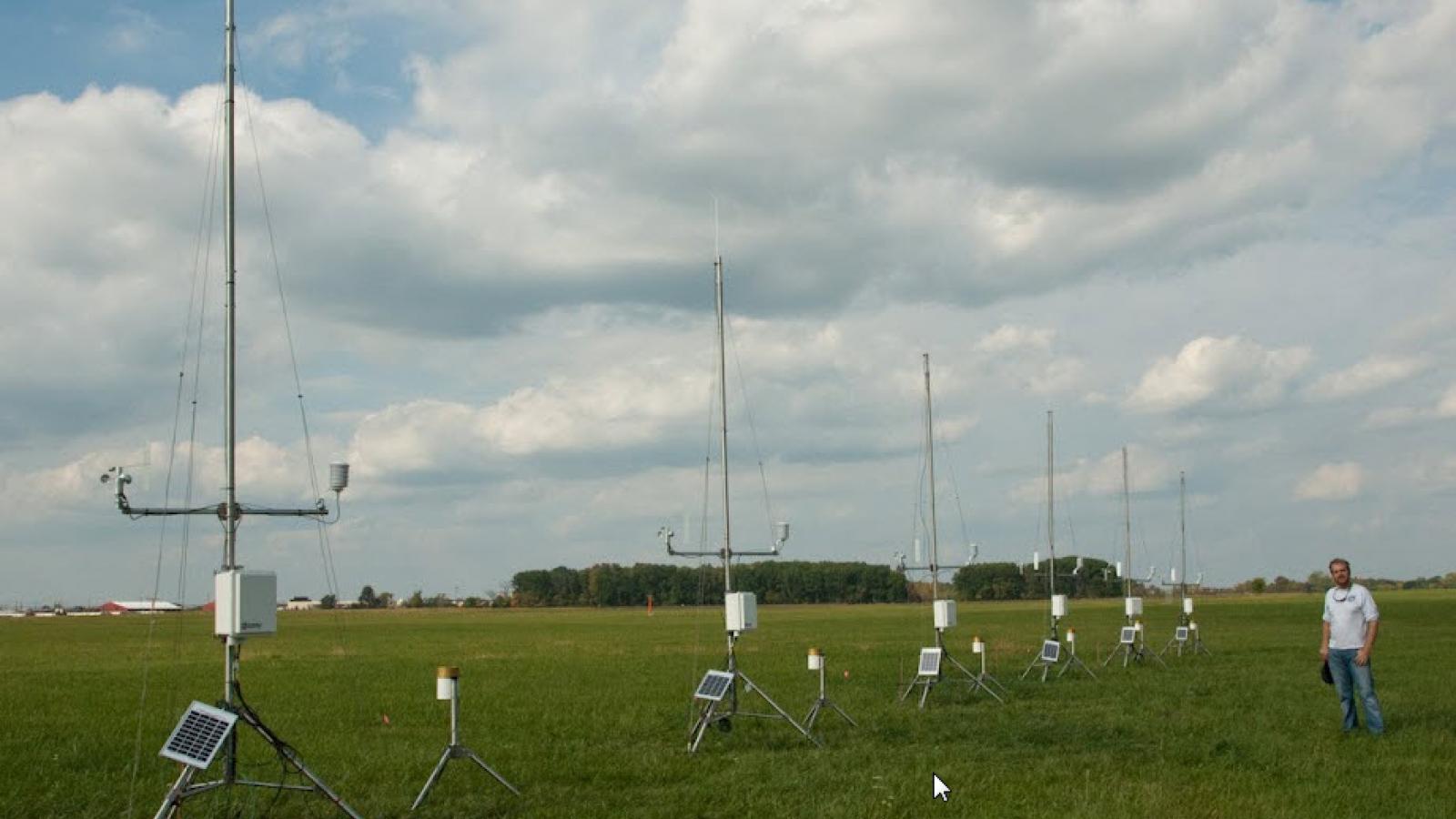Physical Geography
Physical Geography
Physical geographers are concerned about the structures and processes controlling the dynamics of the natural world, and how the natural world shapes and is shaped by human action. This includes understanding the impact of natural hazards, such as hurricanes, tornadoes, draughts and earthquakes, on humans and the built environment. Students specializing in Physical Geography will receive technical training in areas such as biogeography, geoscience, hydrology, glaciology, geomorphology, land cover change, and global climate change.
Note: Students interested in becoming meteorologists should major in Atmospheric Sciences. More information is available on the Atmospheric Science Program website.
There is no minimum GPA, required prerequisites, or application required to declare a major in Geography with a specialization in Physical Geography or Climatic Studies.
Physical Geography Curriculum
Undergraduate Curriculum
Issues & Topics:
Weather forecasting
- Satellite images
- Radar
- Model output
- Remote Sensing
Physical environment
- Biogeography
- Natural hazards
- Hydrology
- Pollution
- Air quality
Micrometeorology
- Radiation budgets
- Surface effects
- Energy conservation
- Weather and climate
Geomorphology
- Tectonic uplift
- Glacial action
- Chemical weathering
- Field observations
Global climate change
- Human influence
- Glaciers and ice sheets
- Impacts
- Detection
Climatology
- Droughts
- El Nino
- Land use
- Climates of the world
Acquired Skills:
Critical Skills
- Critical thinking and reasoning
- Oral and written communication
- Research design and implementation
- Strong organizational skills
Technical skills
- Solid foundation in mathematics and the physical sciences
- Synoptic and mesoscale weather forecasting
- Quantitative data analysis
- Graphic communication (including map reading and development)
Careers:
Geographers find careers in many fields both within and outside the discipline of geography. Below is a partial listing of careers for which students within the Physical Geography specialization are well-suited and where previous graduates have found employment.
- Climatologist for public or private sector
- Professional for agribusiness, outdoor recreation, and resource management corporations
- Environmental Management Specialist
- Monitor for the U.S. Environmental Protection Agency
- Energy and Natural Resources Specialist
- Air Quality Analyst
- Outdoor Parks Service Guide
- Risk Analyst for insurance industry
- Professional storm chaser/weather guide
- Environmental Consultant
- Researcher for the U.S. Geological Survey, the National Resource and Conservation Department's Center for Atmospheric Research, or the Institute of Arctic and Alpine Research


